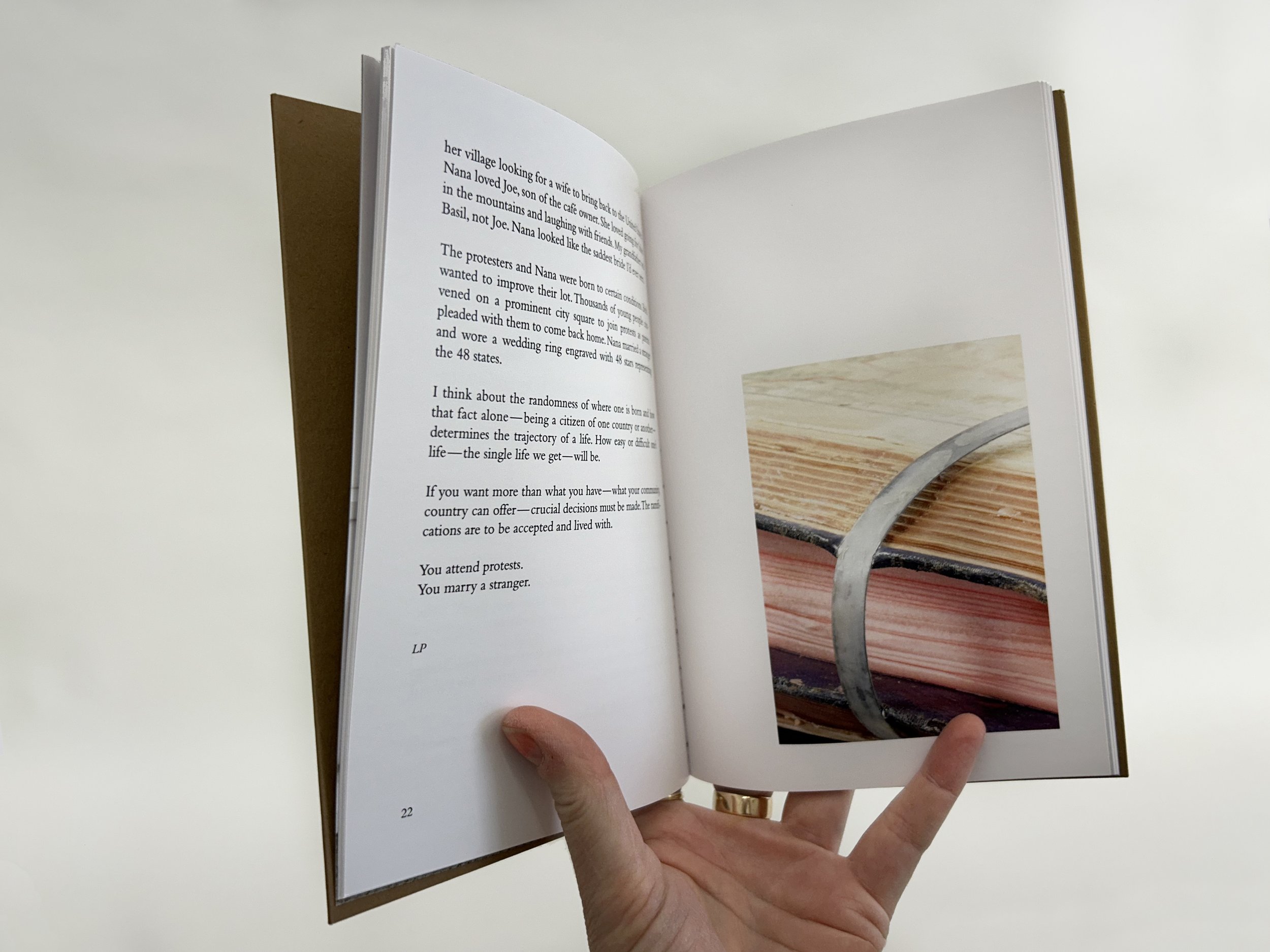 Image 1 of 6
Image 1 of 6

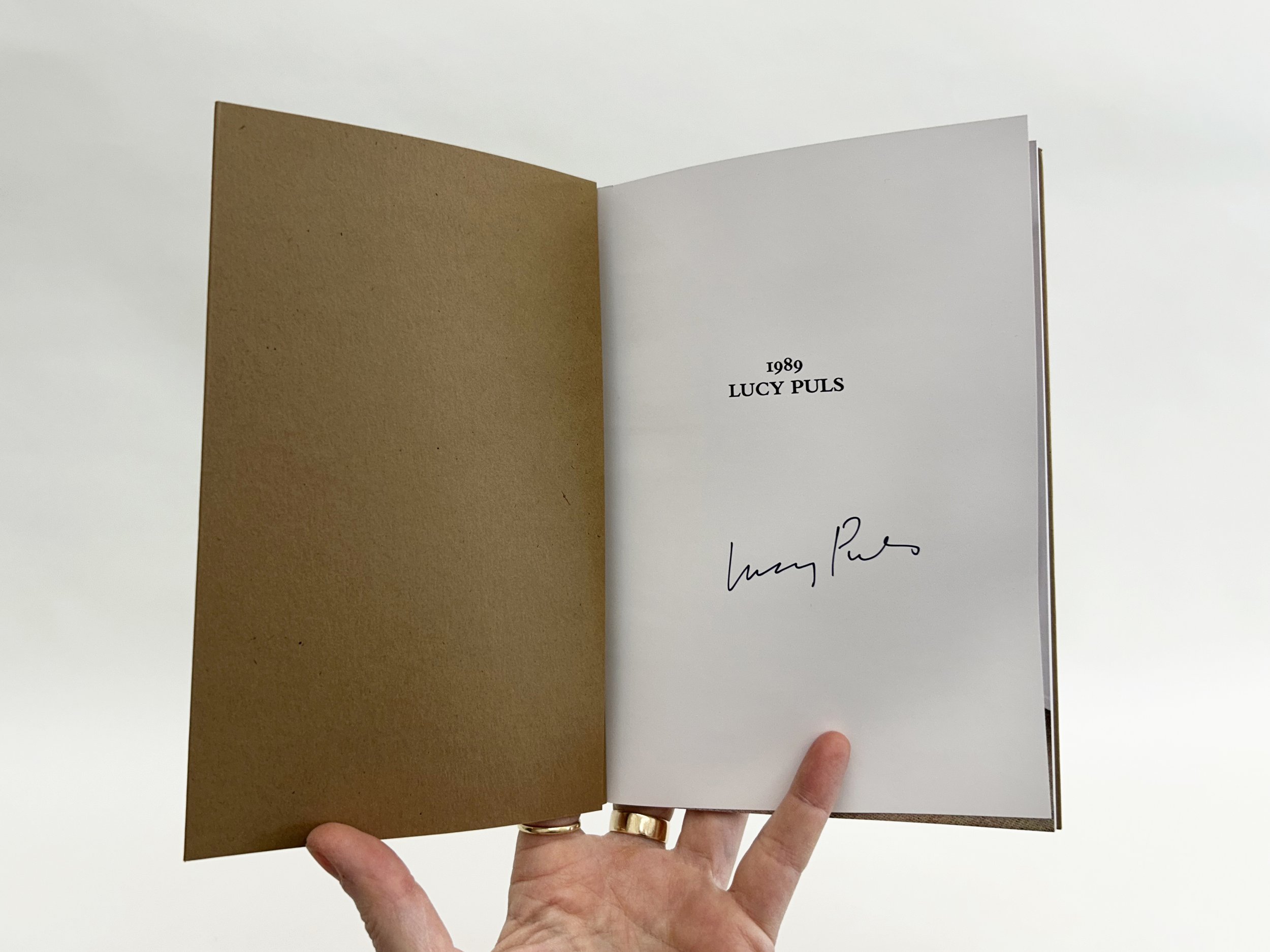 Image 2 of 6
Image 2 of 6

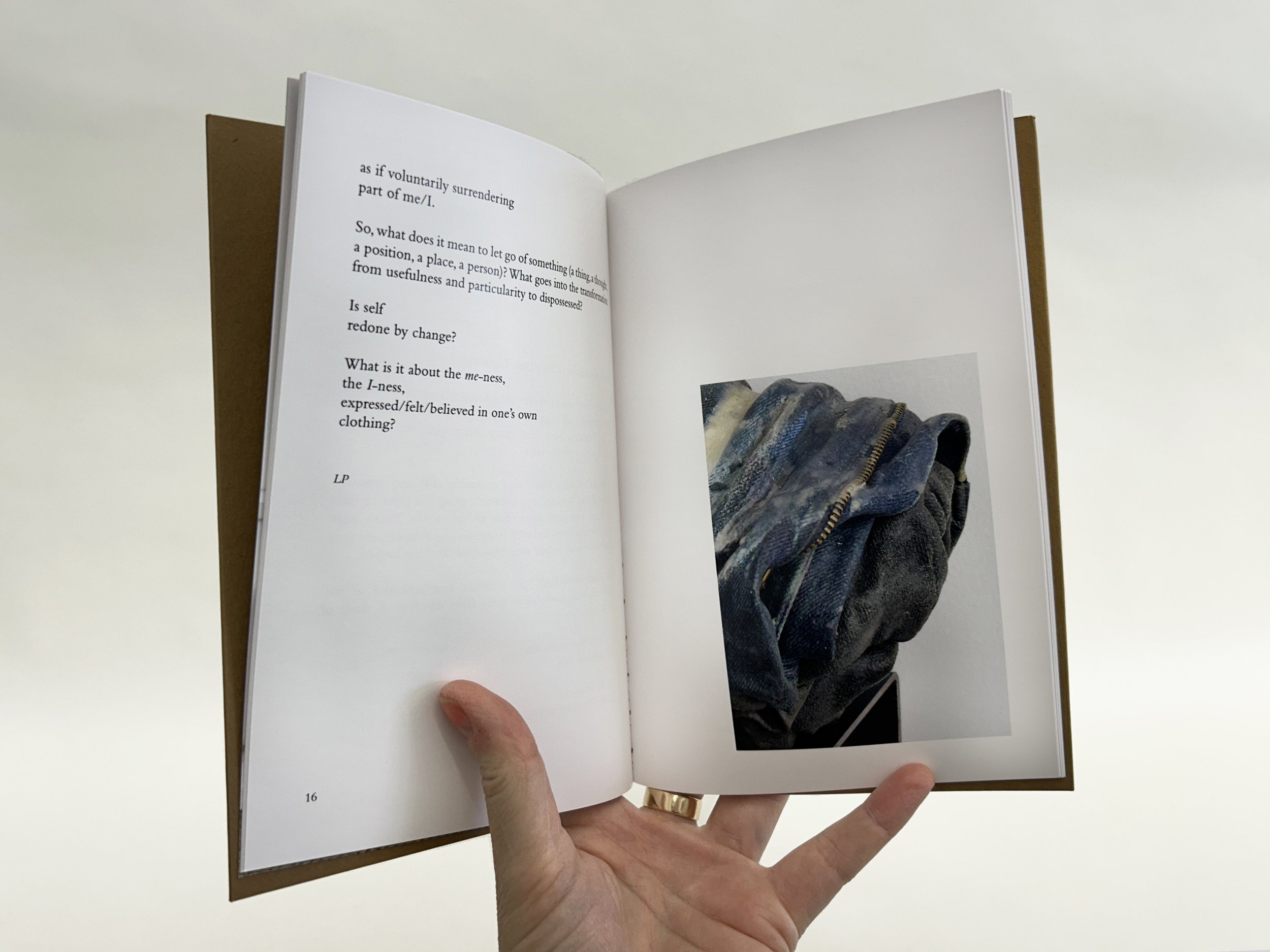 Image 3 of 6
Image 3 of 6

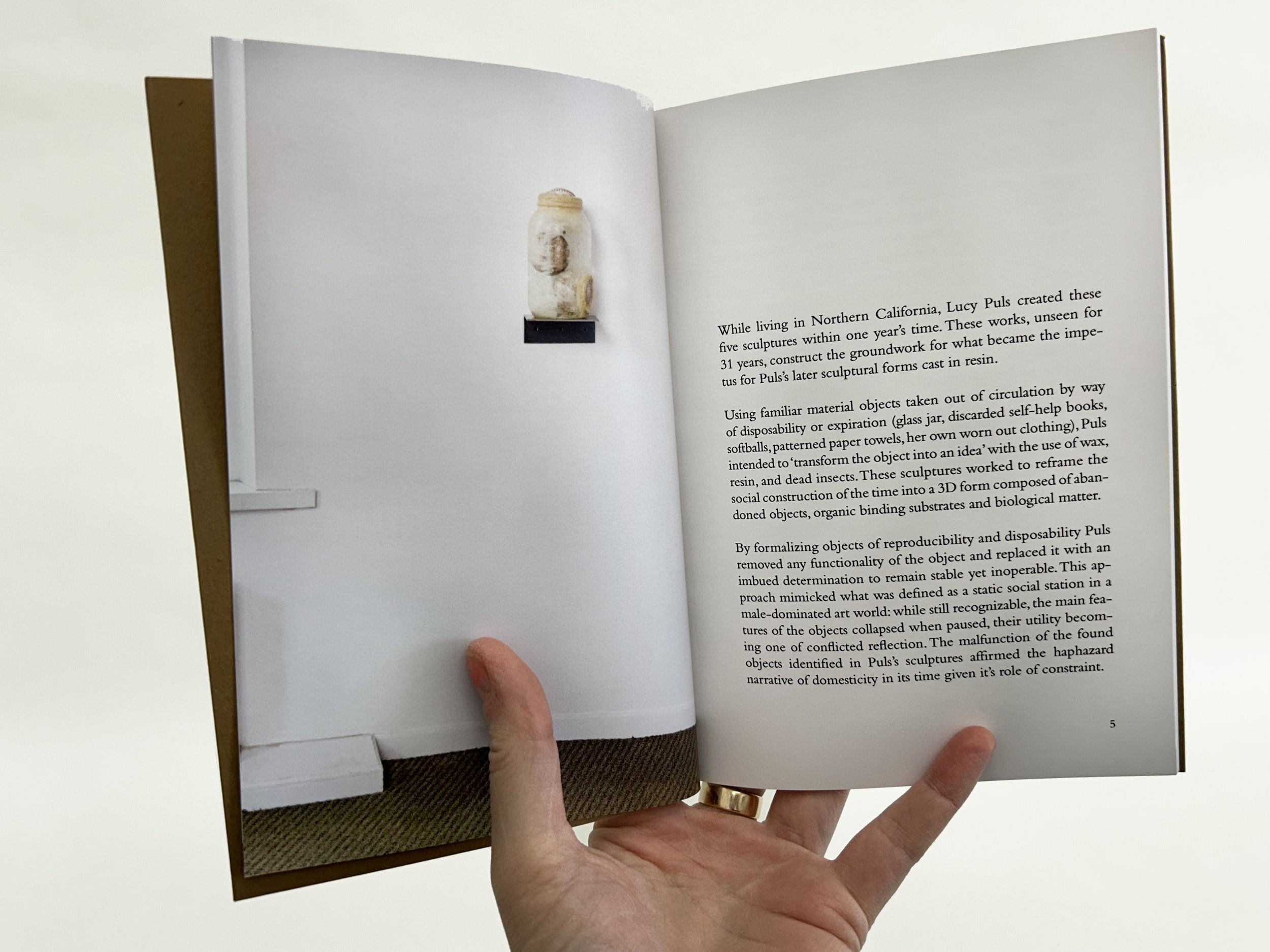 Image 4 of 6
Image 4 of 6

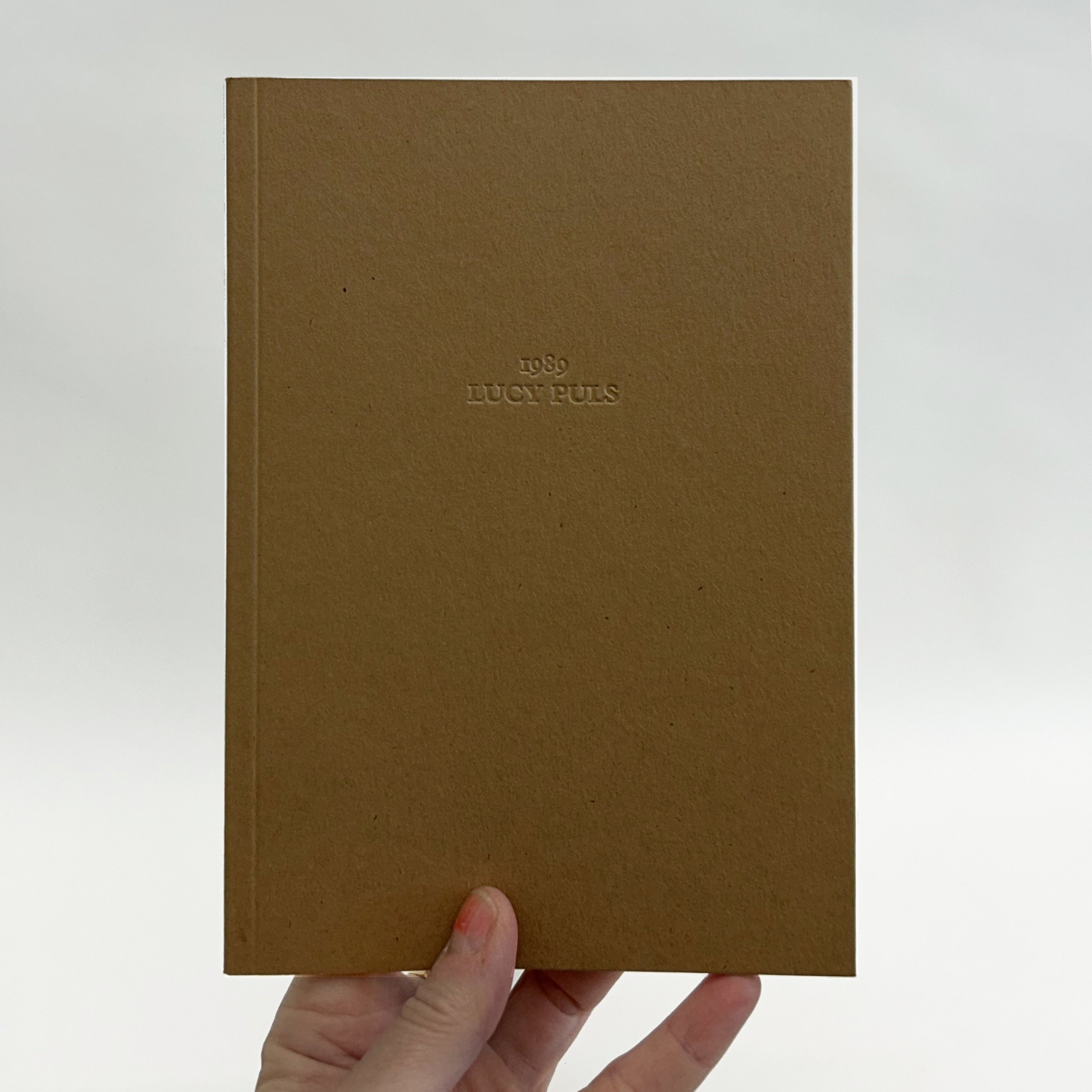 Image 5 of 6
Image 5 of 6

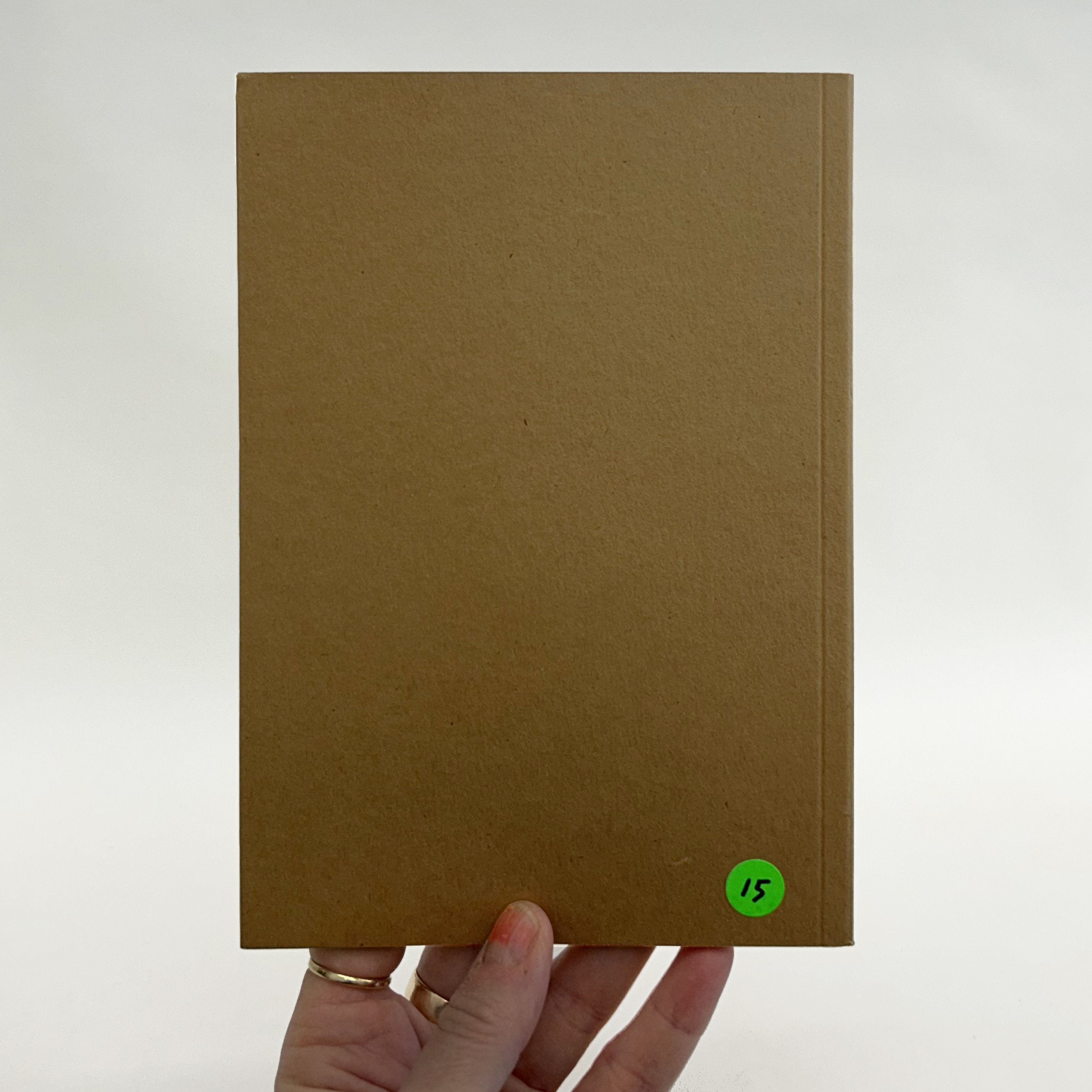 Image 6 of 6
Image 6 of 6







Lucy Puls - 1989 (signed)
Lucy Puls - 1989
Bibeau Krueger
New York
November 15 - January 10, 2021
P. Bibeau is proud to present '1989', a first one-person New York presentation for Lucy Puls, featuring five sculptures from 1989.
While living in Northern California, Lucy Puls created these five sculptures within one year's time. These works, unseen for 31 years, construct the groundwork for what became the impetus for Puls's later sculptural forms cast in resin.
Using familiar material objects taken out of circulation by way of disposability or expiration (glass jar, discarded self-help books, softballs, patterned paper towels, her own worn out clothing), Puls intended to 'transform the object into an idea' with the use of wax, resin, and dead insects. These sculptures worked to reframe the social construction of the time into a 3D form composed of abandoned objects, organic binding substrates and biological matter.
By formalizing objects of reproducibility and disposability Puls removed any functionality of the object and replaced it with an imbued determination to remain stable yet inoperable. This approach mimicked what was defined as a static social station in a male-dominated art world: while still recognizable, the main features of the objects collapsed when paused, their utility becoming one of conflicted reflection. The malfunction of the found objects identified in Puls's sculptures affirmed the haphazard narrative of domesticity in its time given it's role of constraint.
During this year of work, Puls acted as both narrator and protagonist alone in her studio (then located) in Vallejo, California, on issues of global and domestic theatre. The sculptures speak to an internal marking of time: 'Vestimentum Privus,(One's Own Clothing)' and 'Enisum (To Struggle Up, Force One's Way Out)' conveys Puls's internal contemplation on her identity as a young artist, on cultural reproduction, on the personification of waste. 'Fidem Non Habeo (Disbelief)', an atlas encasing folded pink tissues and covered in wax was created in response to the student protests and massacre in Tiananmen Square, an event that the world watched in horror. 'Defleo (To Weep For)' and 'Edidici (To Learn by Heart)' asserts Puls's defiance in the visual rhetoric of products created emotive on purpose, a decorum imprinted deep within the psyche of the domestic sphere.
Puls received her M.F.A. from Rhode Island School of Design in 1980. Her work is represented in numerous collections including the San Francisco Museum of Modern Art, the Oakland Museum, The Berkeley Art Museum (BAMPFA), the Crocker Museum, the Honolulu Museum of Art, the Achenbach Foundation for Graphic Arts, the Shrem Museum, and the Jewish Museum in New York. Puls was a Professor of Art at the University of California at Davis from 1985-2020. She lives and works in Berkeley, California.
Lucy Puls - 1989
Bibeau Krueger
New York
November 15 - January 10, 2021
P. Bibeau is proud to present '1989', a first one-person New York presentation for Lucy Puls, featuring five sculptures from 1989.
While living in Northern California, Lucy Puls created these five sculptures within one year's time. These works, unseen for 31 years, construct the groundwork for what became the impetus for Puls's later sculptural forms cast in resin.
Using familiar material objects taken out of circulation by way of disposability or expiration (glass jar, discarded self-help books, softballs, patterned paper towels, her own worn out clothing), Puls intended to 'transform the object into an idea' with the use of wax, resin, and dead insects. These sculptures worked to reframe the social construction of the time into a 3D form composed of abandoned objects, organic binding substrates and biological matter.
By formalizing objects of reproducibility and disposability Puls removed any functionality of the object and replaced it with an imbued determination to remain stable yet inoperable. This approach mimicked what was defined as a static social station in a male-dominated art world: while still recognizable, the main features of the objects collapsed when paused, their utility becoming one of conflicted reflection. The malfunction of the found objects identified in Puls's sculptures affirmed the haphazard narrative of domesticity in its time given it's role of constraint.
During this year of work, Puls acted as both narrator and protagonist alone in her studio (then located) in Vallejo, California, on issues of global and domestic theatre. The sculptures speak to an internal marking of time: 'Vestimentum Privus,(One's Own Clothing)' and 'Enisum (To Struggle Up, Force One's Way Out)' conveys Puls's internal contemplation on her identity as a young artist, on cultural reproduction, on the personification of waste. 'Fidem Non Habeo (Disbelief)', an atlas encasing folded pink tissues and covered in wax was created in response to the student protests and massacre in Tiananmen Square, an event that the world watched in horror. 'Defleo (To Weep For)' and 'Edidici (To Learn by Heart)' asserts Puls's defiance in the visual rhetoric of products created emotive on purpose, a decorum imprinted deep within the psyche of the domestic sphere.
Puls received her M.F.A. from Rhode Island School of Design in 1980. Her work is represented in numerous collections including the San Francisco Museum of Modern Art, the Oakland Museum, The Berkeley Art Museum (BAMPFA), the Crocker Museum, the Honolulu Museum of Art, the Achenbach Foundation for Graphic Arts, the Shrem Museum, and the Jewish Museum in New York. Puls was a Professor of Art at the University of California at Davis from 1985-2020. She lives and works in Berkeley, California.
